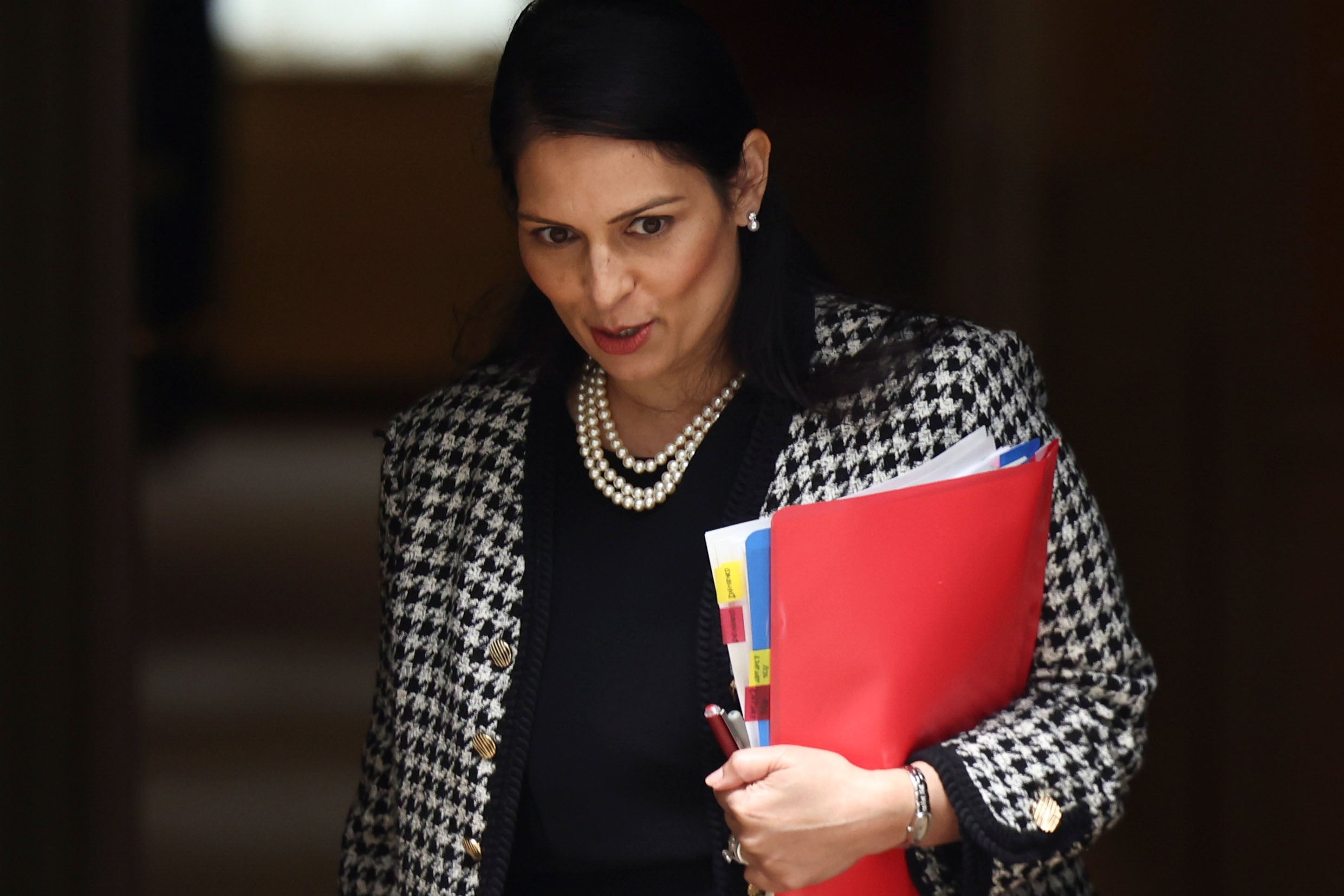How did Australia deal with asylum seekers arriving by boat?
As Priti Patel struggles to prevent small vessels crossing the Channel, John Rentoul examines how the problem is managed on the other side of the world


Your support helps us to tell the story
From reproductive rights to climate change to Big Tech, The Independent is on the ground when the story is developing. Whether it's investigating the financials of Elon Musk's pro-Trump PAC or producing our latest documentary, 'The A Word', which shines a light on the American women fighting for reproductive rights, we know how important it is to parse out the facts from the messaging.
At such a critical moment in US history, we need reporters on the ground. Your donation allows us to keep sending journalists to speak to both sides of the story.
The Independent is trusted by Americans across the entire political spectrum. And unlike many other quality news outlets, we choose not to lock Americans out of our reporting and analysis with paywalls. We believe quality journalism should be available to everyone, paid for by those who can afford it.
Your support makes all the difference.The arrival of migrants in small boats from France is likely to be one of the political stories over the summer, as Priti Patel, the home secretary, tries to give the impression that she is doing everything she can to stop the traffic.
Last week the number of arrivals for the year so far, 8,500, passed the total for the whole of last year. Despite her reputation as a right-winger, Patel has found herself powerless to prevent rising numbers of migrants making the crossing. No government could leave people to drown, and once the migrants have made it halfway across the Channel they become the UK government’s legal responsibility.
Last week Patel announced another £54m payment to the French authorities to fund their efforts to prevent the often unseaworthy craft setting off in the first place, but it is impossible to police the whole coastline day and night.
No wonder the home secretary looks around the world at other countries that have had similar problems. And when she does, her eyes alight enviously on Australia. Significant numbers of asylum seekers started arriving by boat to Australia in 2009, and numbers grew until 2013, when 20,000 people arrived. Two years later, their numbers had been cut to zero. How was it done, and could something similar be done here?
It was achieved by a policy called Operation Sovereign Borders, brought in by Tony Abbott, the conservative prime minister, who won the September 2013 election with a “Stop the boats” slogan. Scott Morrison, who was immigration minister at the time and is now prime minister, was in charge of the operation, which was supported by the opposition Labor Party. The policy is to turn back boats and force them to return to Indonesia, while any arrivals who make it are detained and taken to asylum processing centres in Papua New Guinea (PNG) and Nauru.
Unfortunately for Patel, neither part of that policy seems to be an option for the UK. The sea crossing to Australia from Indonesia is at least 150 miles, as opposed to just 22 miles across the Channel, so people trying to get to Australia tend to travel in larger, safer boats. These are turned round by naval vessels and pointed in the direction of Indonesia.
The other part of the policy is offshore processing. The Australian government has signed deals with PNG and Nauru to house claimants while their applications for asylum are dealt with. Nauru in particular – a poor micro-nation of just 10,000 people, which has run out of natural resources – needs Australian money.
The UK government has been unable to find anywhere in the world that would accommodate a processing centre, despite canvassing such unlikely locations as Ascension Island and St Helena in the South Atlantic, and Rwanda.
The Australian policy is controversial around the world, although it remains popular with domestic opinion. Its main significance for the UK is that neither the “turnbacks” nor the offshore processing has yet been ruled unlawful under international law. So we might expect Patel to continue the search for “somewhere far away” where asylum seekers might be held while their applications are processed, despite many lawyers saying that such a policy would be contrary to the 1951 Refugee Convention.
Patel’s problem is that there are no impoverished Pacific micro-nations conveniently located off Britain’s shores.
Join our commenting forum
Join thought-provoking conversations, follow other Independent readers and see their replies
Comments